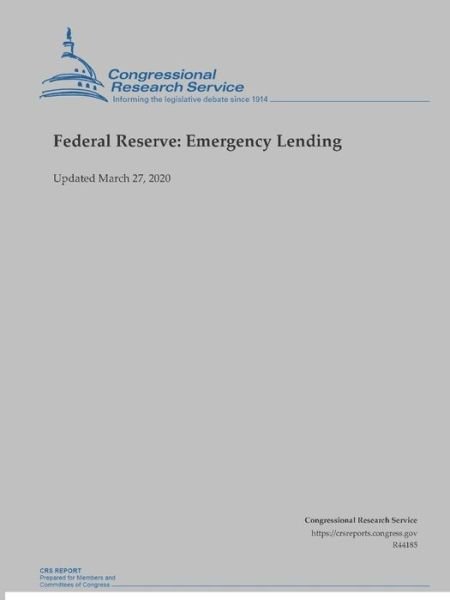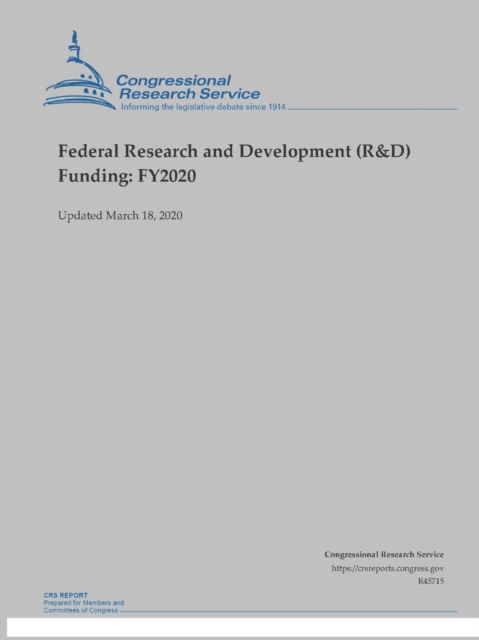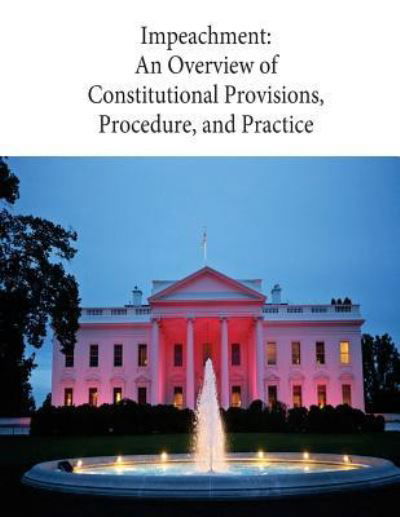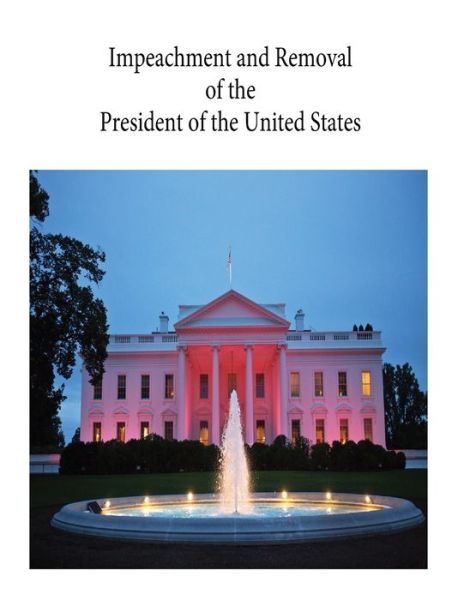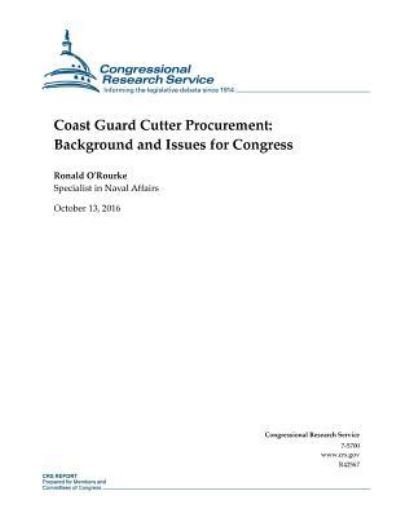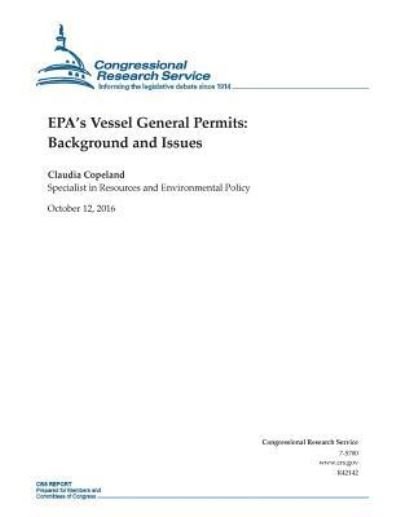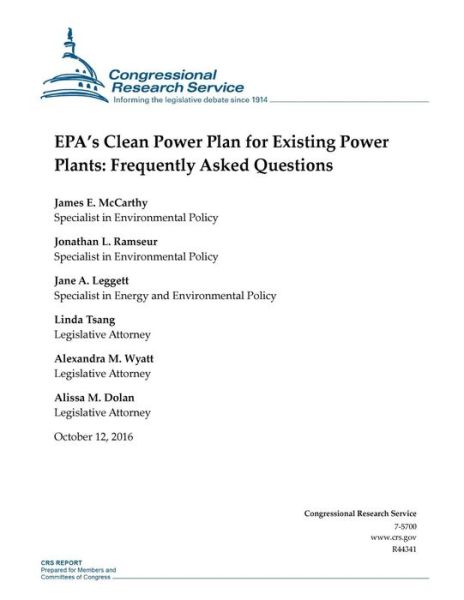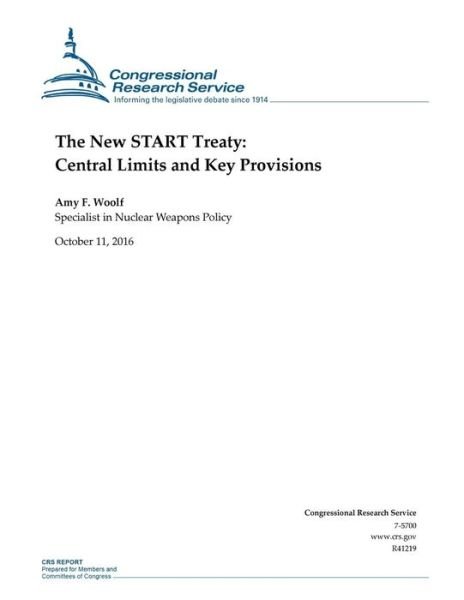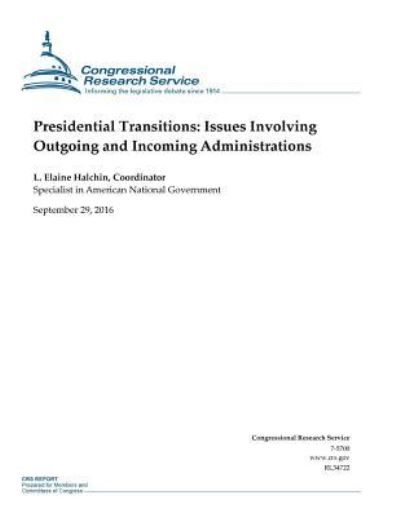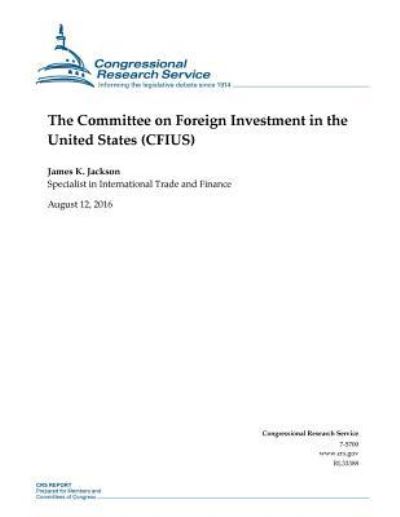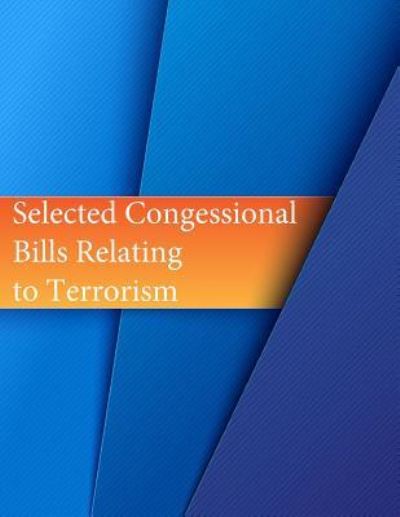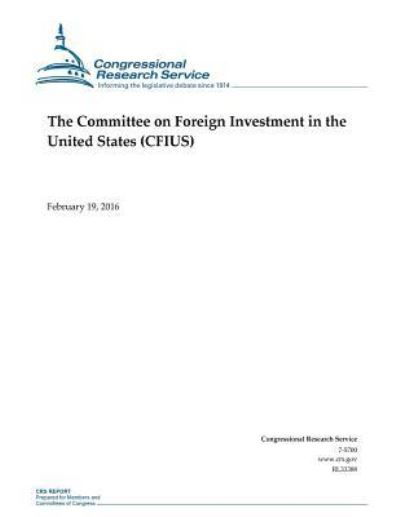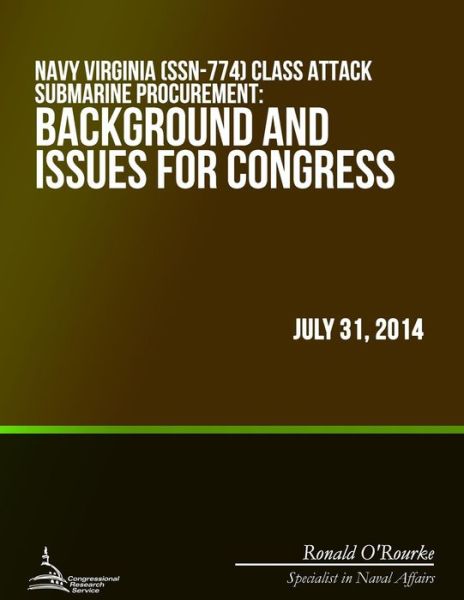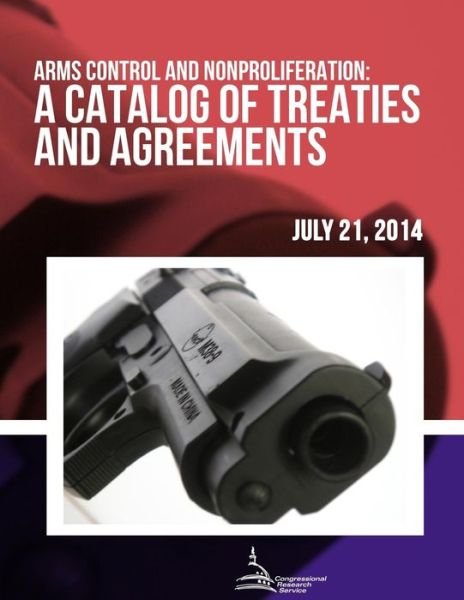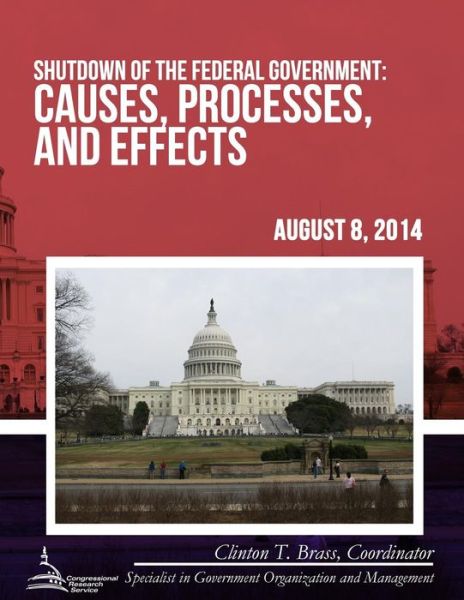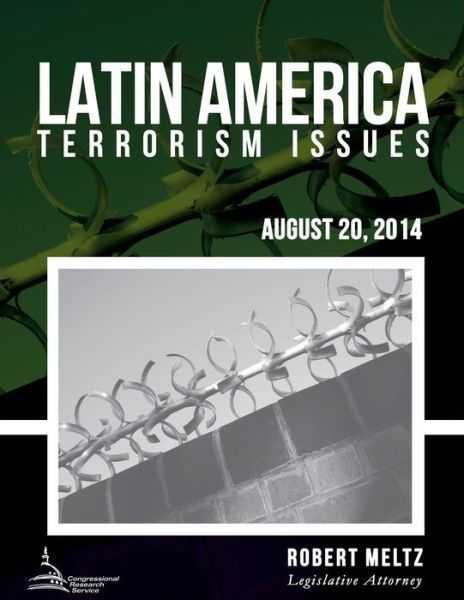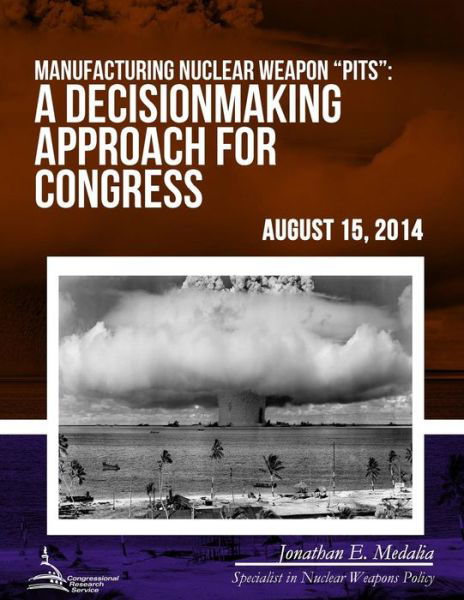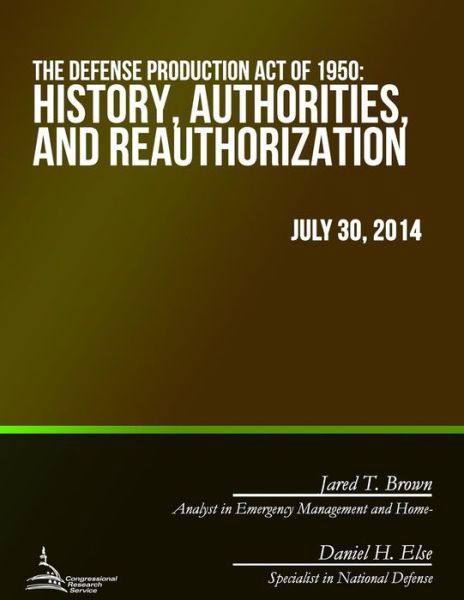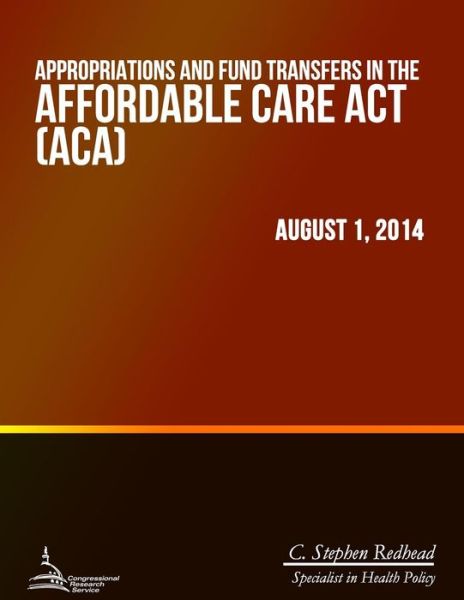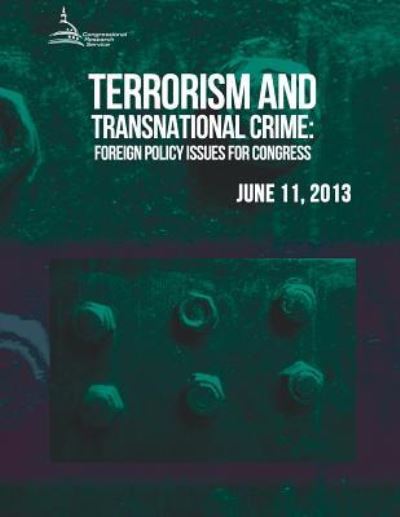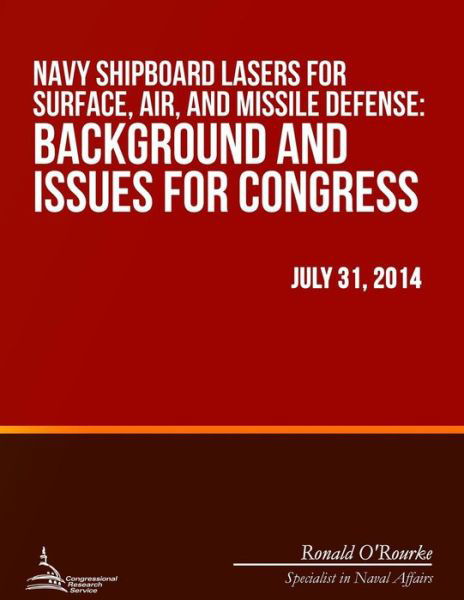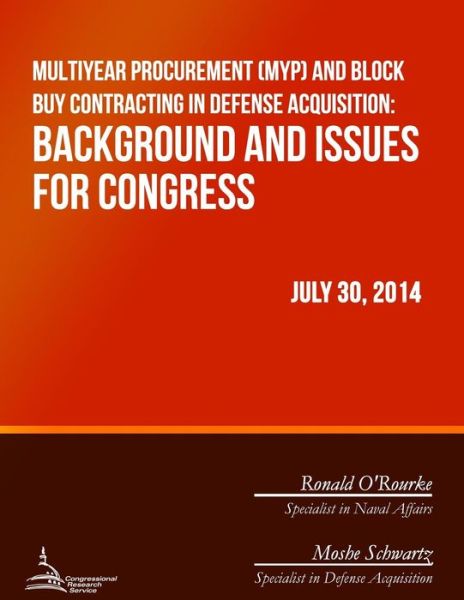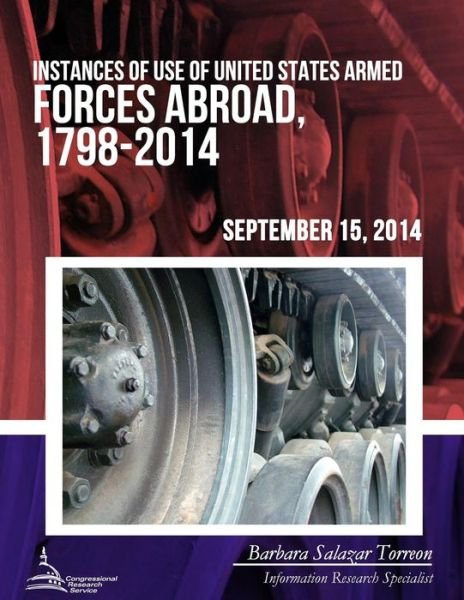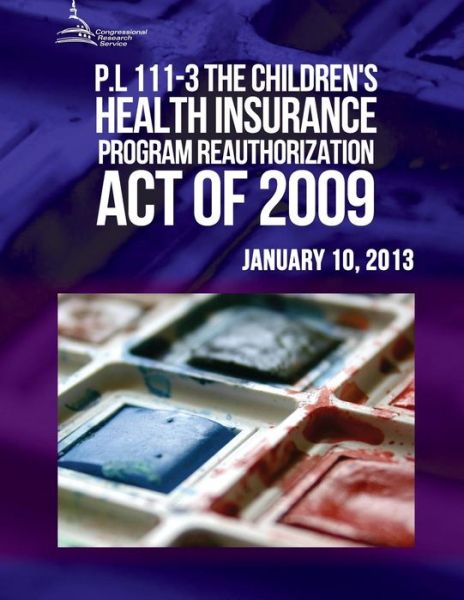
Powiedz znajomym o tym przedmiocie:
Iran Nuclear Agreement
Congressional Research Service
Iran Nuclear Agreement
Congressional Research Service
On July 14, 2015, Iran and the six powers that negotiated with Iran about its nuclear program since 2006 (the United States, the United Kingdom, France, Russia, China, and Germany-collectively known as the P5+1) finalized a Joint Comprehensive Plan of Action (JCPOA). The JCPOA required constraints that seek to ensure that Iran's nuclear program can be used for purely peaceful purposes in exchange for a broad lifting of U. S., European Union (EU), and United Nations (U. N.) sanctions on Iran. The agreement replaced the Joint Plan of Action (JPA), an interim nuclear accord in effect from 2014 to 2016. Congress did not enact a resolution of disapproval of the JCPOA by the deadline of September 17, 2015, which was set by the Iran Nuclear Agreement Review Act (P. L. 114-17; the JCPOA formally took effect on "Adoption Day" (October 18, 2015). "Implementation Day" was declared by the P5+1 on January 16, 2016, representing the completion of Iran's nuclear requirements; entry into effect of U. N. Security Council Resolution 2231, which endorsed the JCPOA; and the start of sanctions relief stipulated in the agreement. Officials from both the Barack Obama and Donald Trump Administrations have certified that Iran is abiding by its JCPOA commitments. The Obama Administration and other P5+1 leaders asserted that the JCPOA is the most effective means to ensure that Iran cannot obtain a nuclear weapon and that all U. S. options to prevent Iran from developing a nuclear weapon remain available even after the key nuclear restrictions of the JCPOA expire. The agreement contains provisions for U. N. sanctions to be reimposed if Iran violates its commitments. Critics of the JCPOA have expressed concerns that the extensive sanctions relief provided under the accord gives Iran additional resources to extend its influence in the region and that that the accord does not contain any restrictions on Iran's development of ballistic missiles. Resolution 2231, which was adopted in July 2015, prohibits arms transfers to or from Iran, but only for five years, and contains a voluntary restriction on Iran's development of nuclear-capable ballistic missiles for only up to eight years. Top Trump Administration officials have argued that the JCPOA does not address Iran's "malign" activities in the region and any other activities that the Administration considers provocative or destabilizing, such as the continued development of ballistic missiles. Administration officials have also said that these weaknesses in the agreement might lead the Administration to conclude that the JCPOA is not adequately serving U. S. interests. Yet, P5+1 and other U. S. allies argue that the agreement contributes to regional stability and that the United States should continue to implement it. In the 114th and 115th Congresses, legislation has been introduced with the stated purpose of redressing asserted weaknesses of the deal or preventing any U. S. sanctions relief beyond that explicitly promised in the JCPOA. The Countering America's Adversaries through Sanctions Act (P. L. 115-44) mandates sanctions on Iranian proliferation, human rights abuses, and support for terrorist activities has been enacted.
| Media | Książki Paperback Book (Książka z miękką okładką i klejonym grzbietem) |
| Wydane | 31 maja 2018 |
| ISBN13 | 9781720532989 |
| Wydawcy | Createspace Independent Publishing Platf |
| Strony | 40 |
| Wymiary | 216 × 279 × 2 mm · 117 g |
| Język | English |
Więcej od Congressional Research Service
Zobacz wszystko od Congressional Research Service ( np. Paperback Book i Book )

 Świąteczne prezenty można zwracać do 31 stycznia
Świąteczne prezenty można zwracać do 31 stycznia


